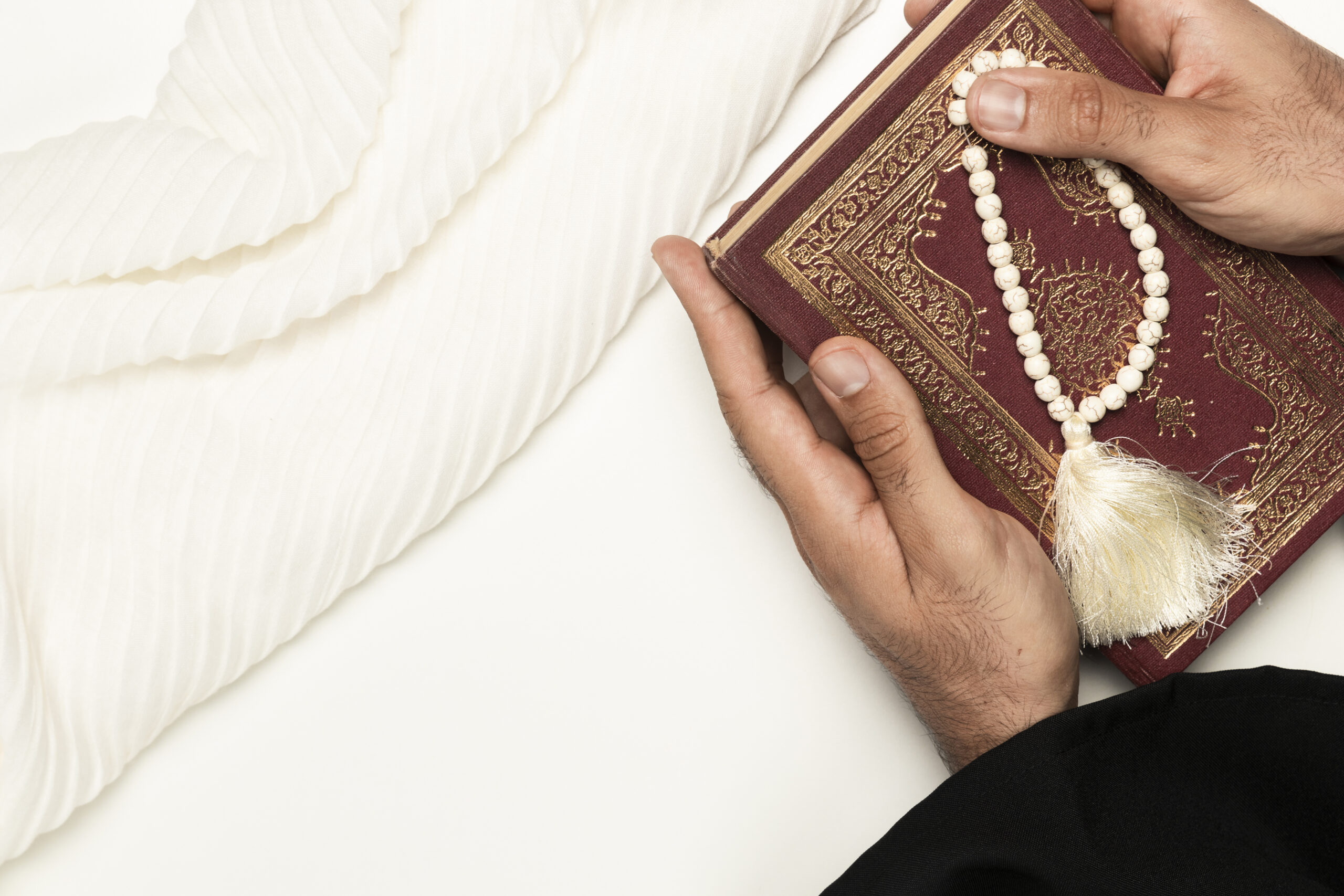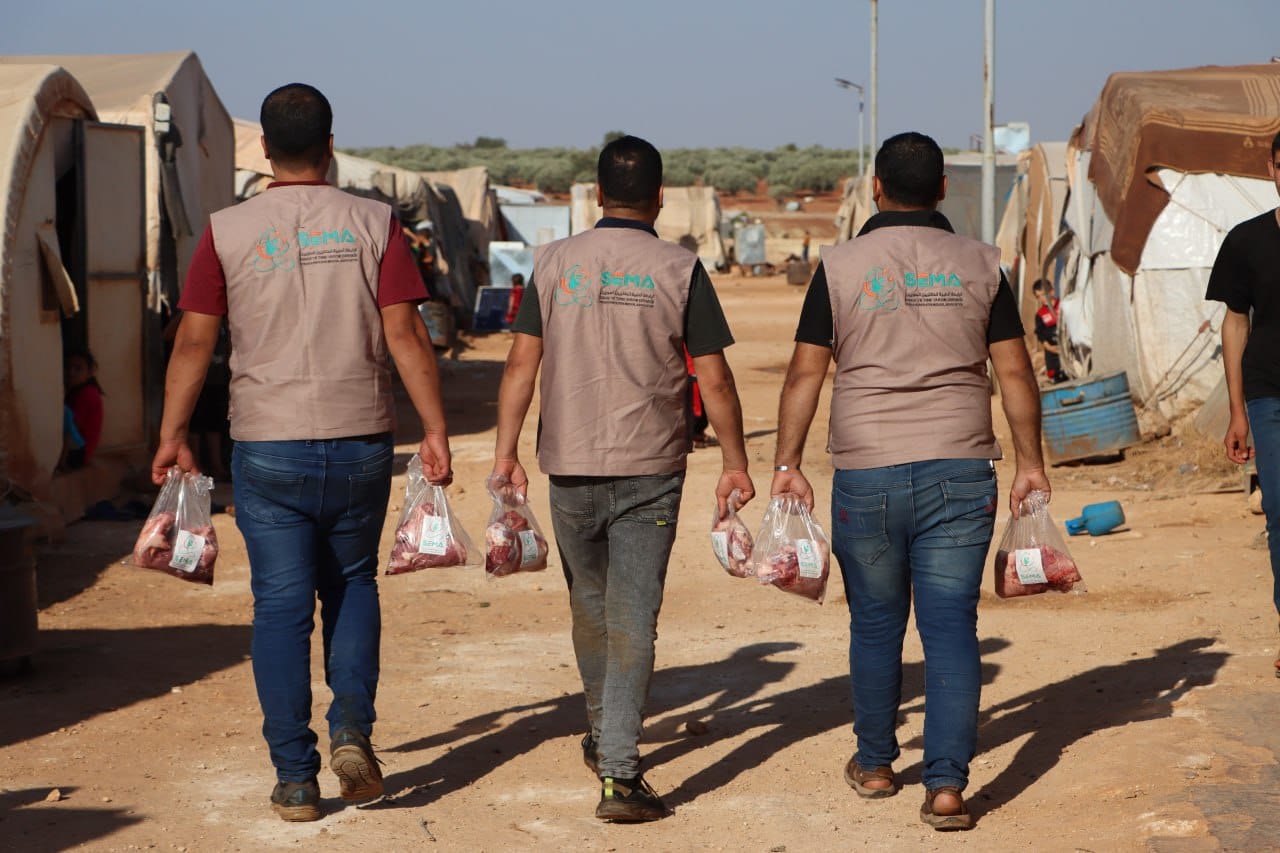In this article, we delve into the concept of kaffarah for breaking the fast, exploring its types, requirements, and the steps involved in fulfilling this religious obligation. Whether you’re seeking to understand the spiritual significance of kaffarah or looking for practical guidance on how to perform it, this comprehensive guide will provide you with the necessary information.
Understanding Kaffarah: Expiation for Breaking the Fast
Kaffarah for breaking fast is an Arabic term that means “expiation” or “atonement.” In the context of Ramadan, it refers to the act of making amends for intentionally breaking the fast without a valid reason. Kaffarah is a way to seek forgiveness from Allah (God) and demonstrate remorse for the missed obligation.

Kaffarah for breaking fast in Islam: Types and Requirements
Islamic teachings outline three types of kaffarah for intentionally breaking the fast:
- Fasting for 60 consecutive days: This involves fasting for 60 days in a row without any interruption. If the fast is broken during these 60 days, the count restarts from day one.
- Feeding 60 needy people: This involves providing two meals a day for 60 days to those in need. This can be done by either cooking and serving the food or donating the equivalent amount to a charity that feeds the poor.
- Freeing a slave: This option is no longer applicable in modern times due to the abolition of slavery.
The specific type of kaffarah to be performed may vary depending on individual circumstances and the rulings of different Islamic schools of thought. It is recommended to consult with a knowledgeable Islamic scholar or imam to determine the most appropriate course of action.

How to Perform Kaffarah: A Step-by-Step Guide
- Determine the type of kaffarah: Consult with a religious authority to determine which type of kaffarah is required based on your situation.
- Make the intention: Before starting the kaffarah, make a sincere intention to fulfill this religious obligation.
- Fulfill the kaffarah: If fasting, begin the 60 consecutive days of fasting. If feeding the needy, arrange for the provision of two meals a day for 60 days.
Seek forgiveness: Throughout the process, continue to seek forgiveness from Allah and express remorse for breaking
The Spiritual Significance of Kaffarah
Kaffarah is not merely a physical act but also a spiritual one. It is an opportunity for self-reflection, repentance, and seeking closeness to Allah. By fulfilling kaffarah, a Muslim demonstrates their commitment to upholding the sanctity of Ramadan and their willingness to make amends for their shortcomings.
Kaffarah vs. Fidya: Key Differences Explained
- Kaffarah and fidya are two distinct concepts in Islam, although they are sometimes confused. Kaffarah is specifically for the intentional breaking of the fast, while fidya is a form of compensation for those who are unable to fast due to valid reasons, such as old age, illness, or pregnancy. Fidya typically involves giving a fixed amount of money or food to the poor for each missed fast.
The expiation (Kaffarah) for breaking the fast is required in the following cases:
Vomiting intentionally: If a Muslim intentionally induces vomiting during the day in Ramadan, they must make up that day and also pay an expiation.
Breaking the fast in Ramadan without a valid reason: If a Muslim deliberately breaks their fast in Ramadan without a valid excuse, such as out of laziness or a desire to eat or drink, they must make up the missed day and also pay an expiation.
Engaging in sexual intercourse during the day in Ramadan: If a Muslim engages in sexual intercourse with their spouse during the day in Ramadan, they must make up the missed day and also pay a heavy expiation.
How SEMA Organization Can Help You Pay Your Kaffarah for Breaking Fast?
SEMA is a charitable organization that can assist individuals in fulfilling their kaffarah obligations. They offer various programs and initiatives to help those in need, including providing meals to the poor and facilitating the distribution of food during Ramadan. By donating to SEMA, you can contribute to their efforts and ensure that your kaffarah reaches those who need it most. Donate Now !
Read more
- Zakat on Realestate
- Zakat for Empowerment: SEMA’s Health Education Programs
- SEMA’s Zakat Campaign: Bridging Gaps, Building Futures
- Zakat al Mal Decoded: Impact on SEMA’s Mission
- Zakat and Healthcare: SEMA’s Healing Hands
FAQ
What is Kaffarah for Breaking fast?
Kaffarah is a form of expiation prescribed in Islam for intentionally breaking the fast during Ramadan without a valid excuse. It serves as a way to seek forgiveness and make amends for the missed obligation.
What are the types of kaffarah for breaking fast?
There are three types of kaffarah for intentionally breaking the fast:
Fasting for 60 consecutive days
Feeding 60 needy people
Freeing a slave (no longer applicable)
Who is obligated to pay kaffarah?
Kaffarah is obligatory for any Muslim who intentionally breaks the fast during Ramadan without a valid excuse, such as illness, travel, menstruation, or pregnancy.In some cases, if a person is unable to fast due to health reasons or old age, they may be allowed to pay fidya instead of kaffarah. Fidya is a fixed amount of money or food given to the poor for each missed fast. However, paying money as a substitute for kaffarah is generally not recommended unless it is absolutely necessary.
What if I cannot fulfill any of the kaffarah options?
If you are genuinely unable to fulfill any of the kaffarah options due to extreme hardship, it is recommended to seek guidance from a knowledgeable Islamic scholar or imam. They can provide advice on alternative ways to seek forgiveness and make amends.
By understanding the concept of kaffarah and fulfilling this religious obligation, Muslims can strengthen their faith, seek forgiveness, and deepen their connection with Allah during the blessed month of Ramadan.


